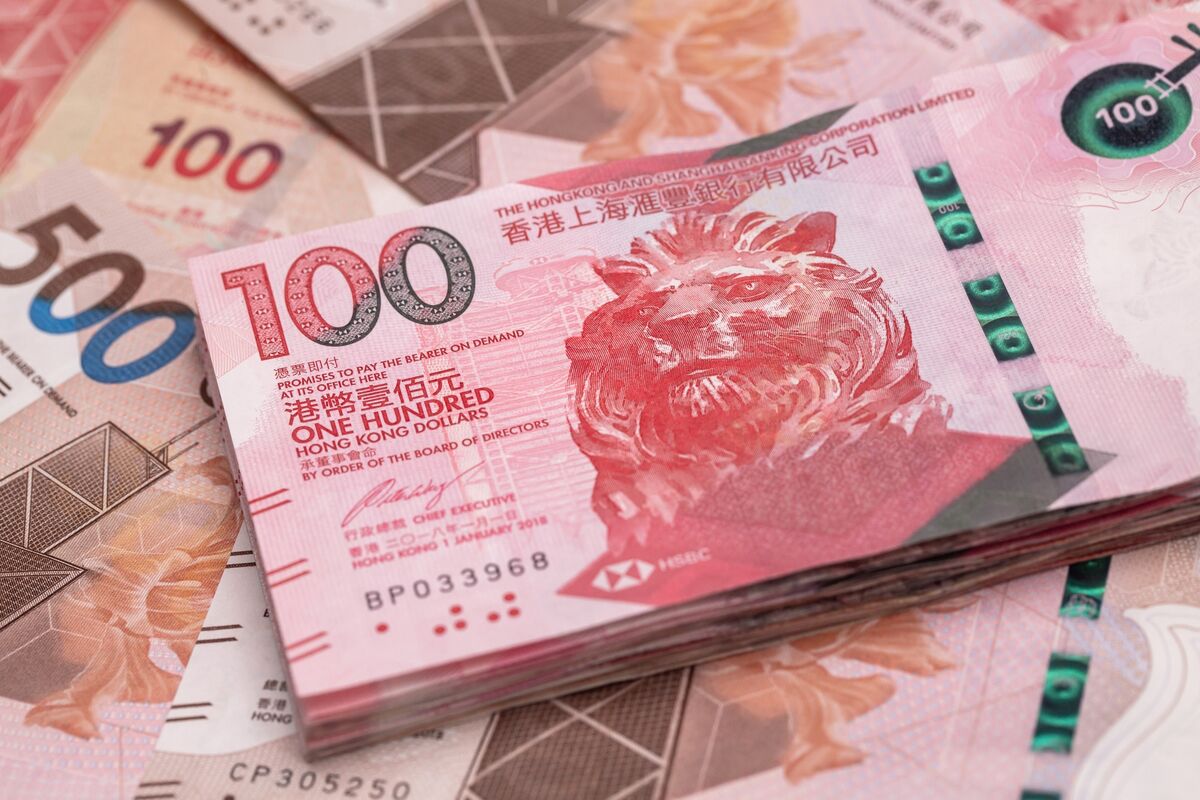Hong Kong Dollar Plunges Amid US-China Trade War: A Deep Dive
The Hong Kong dollar (HKD) has experienced significant volatility in recent years, particularly amidst the escalating US-China trade war. Understanding the intricacies of this relationship is crucial for investors, businesses, and anyone interested in global finance. This article delves into the causes, consequences, and potential future implications of the HKD's fluctuations during this period of geopolitical uncertainty.
The Hong Kong Dollar's Peg and its Vulnerability
The HKD is pegged to the US dollar (USD) within a narrow band, meaning its value is maintained at a fixed rate against the USD by the Hong Kong Monetary Authority (HKMA). This peg has historically provided stability and predictability, making Hong Kong a popular financial hub. However, this stability is not without its vulnerabilities, particularly when faced with external shocks like the US-China trade war.
How the Trade War Impacts the HKD
The US-China trade war significantly impacted Hong Kong's economy in several ways:
- Reduced Trade: As a major trading partner for both the US and China, Hong Kong suffered from reduced trade volumes due to tariffs and trade restrictions. This directly impacted its economic growth and, consequently, the demand for the HKD.
- Capital Outflow: Uncertainty surrounding the trade war led to capital flight as investors sought safer havens. This outflow of capital put downward pressure on the HKD, testing the limits of the peg.
- Weakening Chinese Yuan: The Chinese Yuan (CNY), also under pressure due to the trade war, indirectly affected the HKD. Since Hong Kong is deeply integrated with the Chinese economy, a weaker CNY could indirectly influence the HKD's value.
- Increased Market Volatility: The overall uncertainty created by the trade war increased market volatility, leading to speculative attacks on the HKD and further exacerbating its fluctuations.
The HKMA's Response and Intervention
The HKMA played a crucial role in managing the HKD's volatility during this period. They intervened in the foreign exchange market to maintain the peg, buying HKD and selling USD to support the currency. This involved significant financial resources and strategic decision-making under immense pressure. Their actions, while successful in maintaining the peg, highlight the challenges of managing a fixed exchange rate in a turbulent global environment.
Analyzing the Effectiveness of Interventions
The HKMA's interventions were largely effective in maintaining the HKD's peg, demonstrating the strength of their commitment to the system. However, the cost of these interventions, in terms of both financial resources and potential long-term economic consequences, remains a subject of debate among economists. Some argue that continuous intervention could deplete foreign exchange reserves and potentially lead to future instability.
Long-Term Implications and Future Outlook
The experience of the HKD during the US-China trade war provides valuable lessons on the challenges of maintaining a fixed exchange rate system in a rapidly changing global landscape. The trade war highlighted the inherent risks associated with such a system, particularly in the face of geopolitical tensions and external economic shocks.
Adapting to Future Challenges
Looking ahead, Hong Kong needs to diversify its economy and reduce its reliance on trade with China and the US to mitigate future risks. This diversification could involve focusing on higher-value-added industries, fostering innovation, and strengthening its financial services sector.
In conclusion, the HKD's plunge amidst the US-China trade war underscores the interconnectedness of the global economy and the challenges of managing a fixed exchange rate system. While the HKMA successfully defended the peg, the experience highlights the need for greater economic resilience and diversification to navigate future uncertainties. The future stability of the HKD will depend on both the resolution of global trade tensions and Hong Kong's ability to adapt to a changing economic landscape.
